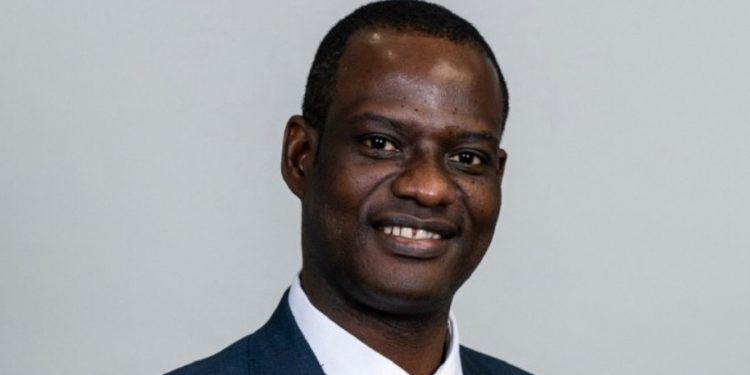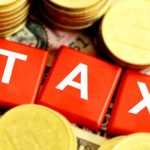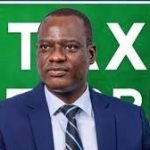Nigerians earning the minimum wage or slightly above could soon be exempt from Pay as You Earn (PAYE) tax if new tax reform bills are signed into law, according to Taiwo Oyedele, Chairman of the Presidential Fiscal Policy and Tax Reform Committee. Speaking on Monday, Oyedele provided details on the reforms aimed at simplifying the tax system and easing the burden on low-income earners.
Earlier this year, President Bola Tinubu approved a new national minimum wage of N70,000, up from N30,000. Under the proposed tax reforms, individuals earning around N1.7 million or less per month will experience a reduction in PAYE tax, while those on the minimum wage or slightly above will be entirely exempt.
Oyedele explained that the current tax bands and rates, established in 2011, have not been adjusted to reflect inflation, leading to “fiscal drag.” This has inadvertently pushed low-income earners into higher tax brackets and discouraged formal employment, as companies face nearly double the tax rate compared to enterprises, resulting in tax arbitrage.
The proposed reforms aim to simplify the tax system by removing complex reliefs and allowances, adjusting income bands, and creating a more accessible system that allows individuals with basic education to file their tax returns independently. For minimum wage earners, these changes would bring full tax exemption, while other low-income earners would see reduced tax obligations.
In addition to personal income tax relief, the proposed reforms address value-added tax (VAT) distribution. Currently, VAT revenue is allocated 15% to the Federal Government, 50% to states and the Federal Capital Territory, and 35% to local governments, with additional factors like population and equality influencing distribution. Oyedele said the reforms would help streamline the country’s tax framework, reducing the complexity of multiple taxes across different states.
With these reforms, the government aims to create a fairer, more accessible tax system that supports low-income earners and simplifies compliance, ultimately fostering greater tax participation and transparency across Nigeria.










